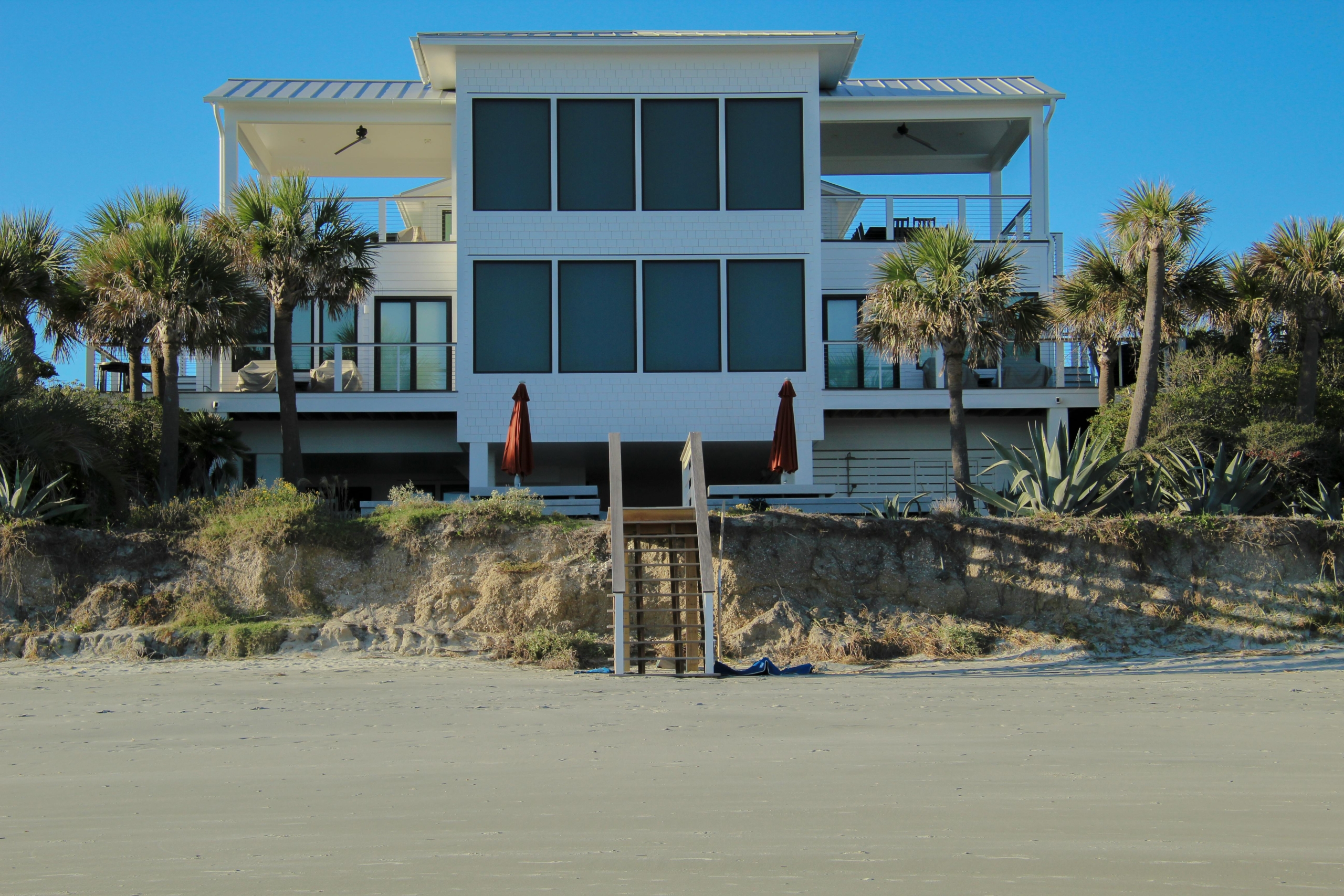For some people, a second property is a long-time dream: a place to escape on weekends, or a way to generate much-needed extra income. For others, it’s a carefully calculated investment decision. Either way, buying a second home is a commitment that blends lifestyle choices with financial strategy. Here are some practical tips on buying your second property so you can make a choice that works for you and move forward with clarity and confidence.
Decide your ‘why’: The lifestyle pull versus the profit motive
Whether you’re picturing mornings by the seaside with coffee on the balcony or the peace of mind that come with a steady stream of rental income, you first need to pinpoint your motivation before you start house-hunting. For example, a holiday home does offer personal enjoyment – think family gatherings, familiar surroundings, and the freedom to use it as you please. But you need to factor in the costs of keeping it empty between visits, and the practicalities of upkeep if you’re not nearby. In contrast, a buy-to-let property is all about returns. You’ll want to consider areas with solid rental demand, competitive yields, and potential for capital growth. It also comes with responsibilities, from marketing the property to dealing with repairs.
Beyond the purchase price: Mortgage terms, taxes, and expenses
You usually have to put down a higher deposit for a second-home mortgages and they do carry higher interest rates than first-home loans. Lenders will look closely at your income and existing financial commitments, especially if you want to let the property. Also, you need to budget for Stamp Duty Land Tax (SDLT), which is higher for second properties, along with legal fees, surveys, and any renovation work. Ongoing costs such as insurance, council tax, and maintenance can add up quickly. It’s worthwhile creating a budget that includes both one-off and recurring expenses to prevent nasty surprises later.
Local insights: Choose the right area for lifestyle or ROI

Make sure you fully research the local market where your potential second property is located. If it’s a holiday home, look at transport links, seasonal popularity, and community amenities such as gyms and recreational areas. For buy-to-let, research rental yields and tenant demand. Visit a local estate agent with experience in the second-home market for further insights. To weigh up how this purchase fits into your broader financial picture, consult a professional in wealth management who can help you consider how the purchase will work with your financial goals and existing assets, and which ownership structures will maximise tax-efficiency.
Legal steps from purchase to letting
The legal side of a second property purchase isn’t just a formality. You’ll need to go through the conveyancing process, understand any restrictive covenants, and meet specific tax obligations. If you’re becoming a landlord, your duties will include tenant vetting, property maintenance, and compliance with safety regulations. Keeping up with these responsibilities isn’t just about getting the right tenants and making sure they’re comfortable – be aware that there are stiff penalties for non-compliance.
Make your second property a smart success
Buying a second property can be both rewarding and profitable, but only if you do your research, set a realistic budget, and know exactly what you will do with it. Knowing your reasons, understanding the costs, and preparing for the practicalities will set you up for a second home that truly works for you.






